Origin of the League of Nations:
The League of Nations was the immediate outcome of World War I. It was founded by Woodrow Wilson. During World War I, many suggestions were made from time to time for the creation of an international government that could maintain international order and peace. Popular interest in the possibilities of such a League began to manifest itself in the U.S.A. shortly after the outbreak of World War I and grew rapidly during the period of American neutrality. A ‘League to Enforce Peace’ was set up by a group of leaders, including many outstanding Republicans headed by W. H. Taft. In June 1915, the organisation held a conference in Independence Hall, Philadelphia and adopted a four-point programme that received wide publicity. It called for the submission of all justiciable international disputes to arbitration, the submission of all other disputes to a council of Conciliation, the application of economic and military force by all states against any state resorting to war without submitting its disputes to pacific settlement and the convocation of periodical congresses to codify International Law.
In the conference in Washington, in late May 1916, President Wilson declared “We are participants, whether we should or not, in the life of the world. Peace must henceforth depend upon new and more wholesome diplomacy… The world has a right to be free from every disturbance of its peace that has its origin in aggression and disregard of the rights of peoples and nations… So sincerely do we believe in these things that I am sure that I speak the mind and wish of the people of America when I say that the United States is willing to become a partner in any feasible association of nations formed in order to realize these objects and make them secure against violation”.
On January 22, 1917, President Wilson addressed the American Senate on the “World League for Peace”. He said, “In every discussion of the peace that must end this war, it is taken for granted that peace must be followed by a definite concert of power, which will make it virtually impossible that any such catastrophe should ever overwhelm us again. Every lover of mankind, every sane and thoughtful man, must take that for granted…. It is inconceivable that the people of the United States should play no part in that great enterprise… The right state of mind, the right feeling between nations, is as necessary for a lasting peace as is the just settlement of vexed questions of territory or of racial and national allegiance… I am proposing, as it were that the nations should with one accord adopt the doctrine of President Monroe as the doctrine of the world: That no nation should seek to extend its policy over any other nation or people, but that every people should be left free to determine its own policy, its own way of development, unhindered, unthreatened, unafraid, the little along with the great and powerful.
I am proposing that all nations henceforth avoid entangling alliances which would draw them into competition of power, catch them in a net of intrigue and selfish rivalry, and disturb their own affairs with influences intruded from without. There is no entangling alliance in a concert of power. When all unite to act in the same sense and with the same purpose, all act in the common interest and are free to live their own lives under a common protection.
I am proposing government by the consent of the governed; that freedom of the seas which in the international conference after conference representatives of the United States have urged with the eloquence of those who are convinced disciples of liberty; and that moderation of armaments which makes of armies and natives a power for order merely; not an instrument of aggression and selfish violence.
“These are American principles, and American policies. We can stand for no others. And they are also the principles and policies of forward-looking men and women everywhere, of every modern nation, of every enlightened community. They are principles of mankind and must prevail”.
When America entered the First World War, President Wilson insisted in his war message that peace in the future could never be maintained except by a worldwide partnership of democratic nations. To quote him, “It must be a league of honour, a partnership of opinion”. One of his 14 points ran thus “A general association of nations must be formed under specific covenants for the purpose of affording mutual guarantees of political independence and territorial integrity of great and small states alike”.
By 1919 various plans for a league were put forward. In 1918, a Committee of the British Foreign Office, with Lord Phillimore as chairman prepared a draft convention. Three months later, Colonel House, Wilson’s confidential advisor, prepared another draft on the basis of Wilson’s own ideas. In July 1918, Wilson prepared his own first draft. In December, General Smuts proposed a plan containing the germs of the Council and Mandate System. On January 10, 1919, Wilson typed out his second draft, and 10 days later he submitted his third draft to the Peace Conference. The British delegation to the Conference combined the Cecil and Smuts drafts into an official British draft. The third draft of Wilson was submitted yo Hurst and Miller for revision. The result was the composite Hurst-Miller draft which was used as a basis for discussion by the ‘League of Nations’ Commissions of the Peace Conference.
A commission of 19 members was established under the chairmanship of President Wilson. On February 14, 1919, the tentative draft of the Covenant was presented to the conference as a whole for its consideration. While doing so President Wilson observed, “A living thing is born. While it is elastic, while it is general in its terms, it is definite in one thing we are called upon to make definite. It is a guarantee of peace. It is a definite guarantee by the world against aggression. Armed force is in the background in this programme, but it is in the background, and if the moral force of the world will not suffice, the physical force of the world shall. But that is the last resort because this is intended as a constitution of peace, not as a league of war… It is not in contemplation that this should be merely a league to secure the peace of the world. It is a league that can be used for cooperation in any international manner”.
On April 28, 1919, the revised document was adopted unanimously at a plenary session of the conference. Accordingly, the League was officially established on 10 January 1920 under a Covenant of 26 Articles, with the deposit at the Quasi d’Orsay of 18 ratifications of the Treaty of Versailles.
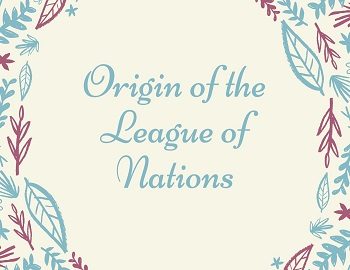
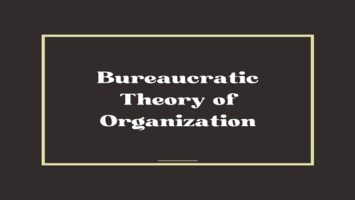


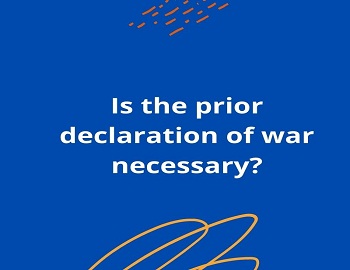
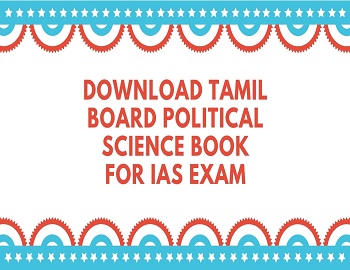
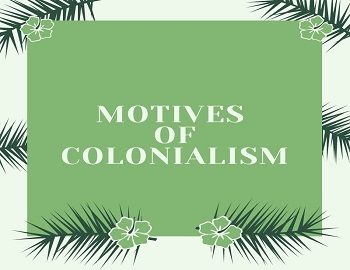
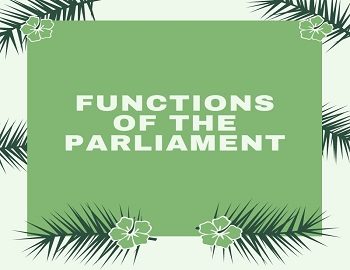
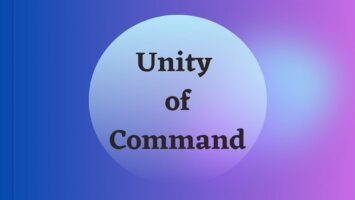
Comments (No)